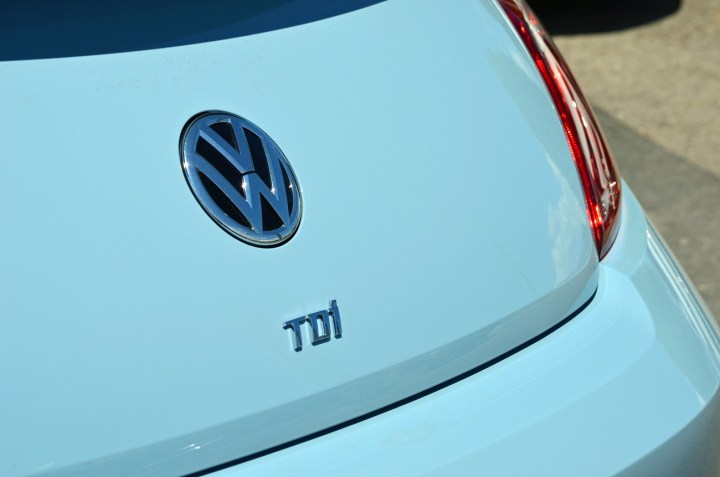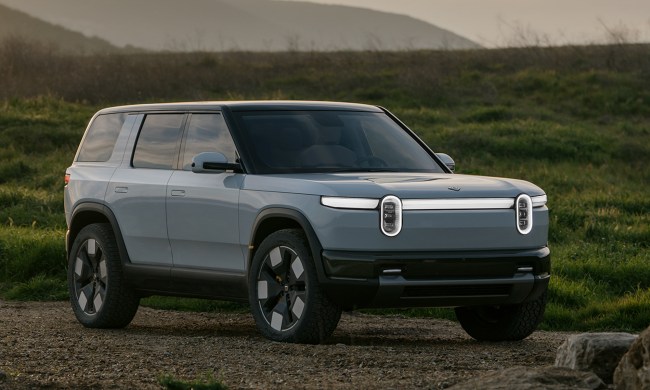
Kent Falck, a vehicle line executive at Volvo, explains his team became suspicious of Volkswagen’s TDI turbodiesel engine about seven years ago. The Swedish carmaker wanted to sell diesel-powered cars in the United States, but it never managed to match Volkswagen’s TDI mill in terms of emissions, performance, and fuel economy, even though both companies used similar software.
“We sat in a room and reviewed all the facts, figures, whatever we have, with the specialists. (But) we can’t manage it, how are the others doing it? We don’t know,” Falck remembered.
While Volvo initially believed that Volkswagen had developed an advanced new technology that it wanted to keep secret, executives ultimately concluded that meeting U.S. emissions regulations without resorting to costly solutions — such as after-treatment systems — was impossible. Falck told Australian news site News.com.au that he started raising questions about Volkswagen’s TDI engine seven years ago.
“We have the same suppliers, we have Bosch, we have Denso, we are working with the same partners, so we know this technology doesn’t exist,” he said.
Volvo couldn’t prove that Volkswagen was using an illegal defeat device, and it never went public with its suspicions. The company gave up on trying to sell diesels on our shores, and it focused on developing gasoline-electric plug-in hybrid drivetrains instead. Falck pointed out that many other automakers who wanted a slice of the diesel market in the U.S. threw in the towel for the same reason.
Read more: That’s a Volvo? How the 40 Series concepts buck Sweden’s staid reputation
Other companies were suspicious as well. Notably, former General Motors vice chairman Bob Lutz recently revealed that the engineers he was in charge of took apart diesel-powered Volkswagens and couldn’t figure out how they complied with emissions regulations, especially in states with strict norms such as California. Now we know.



